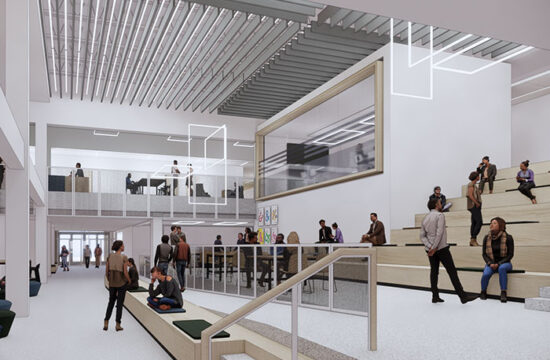College is more than going to classes and studying — networking can make a big different in students’ lives after school
By Deborah Jeanne Sergeant

It may seem like many of the people you know now hold little relevance to your post-college career; however, making a few key connections now can really help you later.
Eric Frans, career development coach at SUNY Oswego, said that “many students aren’t thinking about the importance of networking.”
Attending college isn’t just about classes. Networking is also important, and not just in the formal sense. You should consider networking beyond the specific networking events or internship.
“Networking should be practiced every day,” Frans said. “It doesn’t have to be put in a room where major employers are there. It can be done in classrooms, at events you go to with your peers, and with your professors. Foster that skill of talking with people genuinely interested in the people. When it gets to the point where it counts, it will come naturally to you.”
Some of the most important connections you should make are your own professors.
“They have either been in the field they’re teaching in or are extremely knowledgeable,” Frans said. “Forming relationships with professors can take students a long way as they know professionals in the field and past students in the field.”
Connect with other students in clubs and organizations that relate to your future career. Maybe you’ll become business partners or give each other important leads.
While you may enjoy social media for keeping up with friends and trends, join LinkedIn as your business social media platform. Frans said that it’s “a great way to connect with people that are not in close proximity with you.”
LinkedIn isn’t where you comment on your breakfast or post pics of your latest adventure. But by commenting on another’s thought provoking post and updating with your own professional and academic accomplishments and volunteering efforts, you can help build your professional reputation and eventually make connections that can help you.
“If they are trying to research about a company they like, connecting with people who work there is important,” Frans said.
Also take note of your posting on your personal social media. Frans said that potential employers use social media to learn more about candidates, so keep it G-rated.
While you work during college, get to know your current boss, who will likely help you get your next job if familiar with your character and career aspirations.











